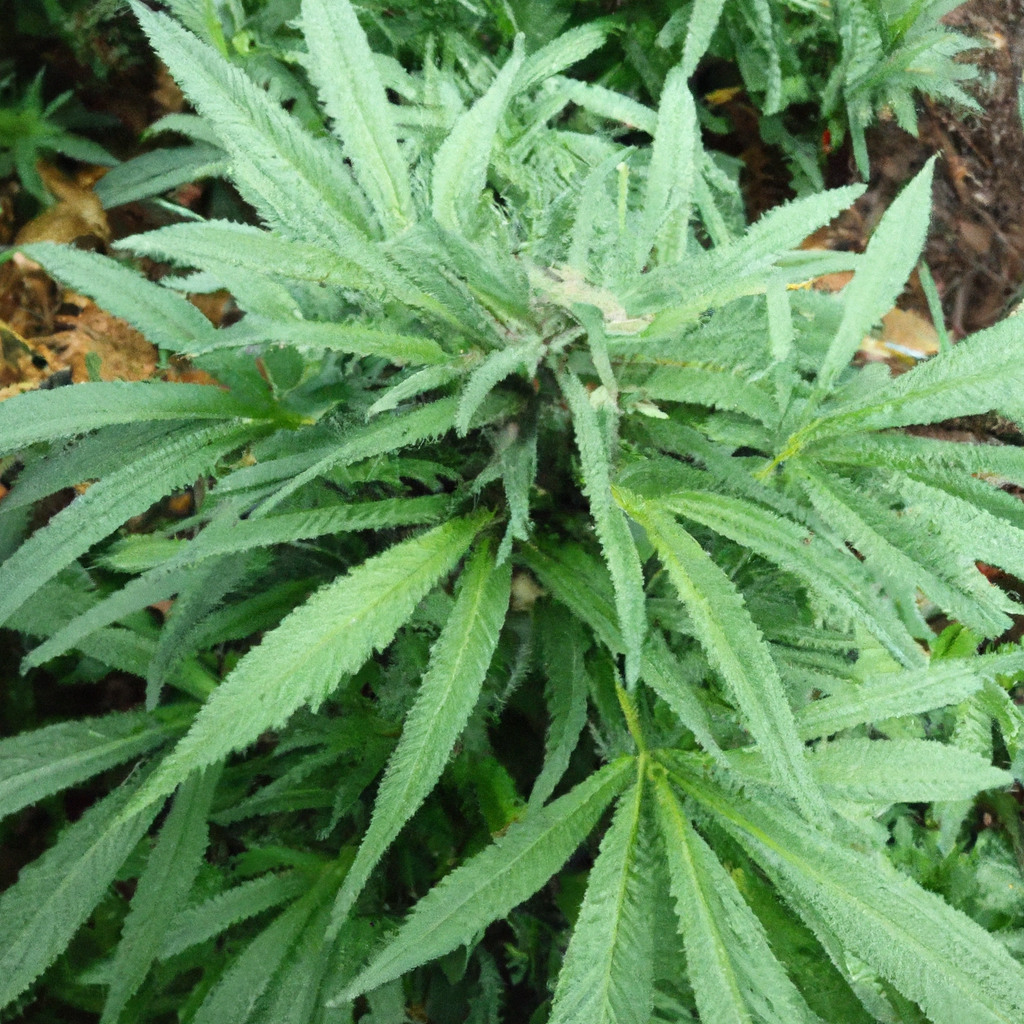Your cart is currently empty!
In an age where sustainability and eco-friendliness dominate agricultural conversations, organic cannabis cultivation stands out not just as a trend, but as an essential practice. Beyond the absence of synthetic chemicals, organic growing emphasizes creating an environment where plants flourish naturally through healthy ecosystems and sustainable methods.
Beginning with the Basics: Healthy Soil Ecosystems
The foundation of successful organic cannabis cultivation lies in the soil. Building a robust soil ecosystem involves nurturing beneficial microbes and fungi that facilitate nutrient availability and plant health. Here are some tips to get started:
- Compost Integration: Regularly amend your soil with rich compost. Incorporate kitchen waste, plant trimmings, and other organic materials to create a nutrient-dense environment.
- Cover Cropping: Utilize cover crops like clover or alfalfa to naturally replenish soil nutrients, enhance soil structure, and minimize erosion.
- Mulching: Apply organic mulches to retain soil moisture, suppress weed growth, and encourage the proliferation of beneficial microorganisms.
Fertilization: Embrace Natural Alternatives
Avoid synthetic fertilizers by opting for natural alternatives that enrich your soil without harming the environment. Some options include:
- Worm Castings: Packed with essential nutrients and beneficial microorganisms, worm castings improve soil structure and promote plant growth.
- Fish Emulsions: Rich in nitrogen, fish emulsions offer an organic boost for the vegetative stage of cannabis development.
- Bone Meal: An excellent source of phosphorus, bone meal supports strong root systems and flower development.
Integrated Pest Management: Chemical-Free Solutions
Managing pests without synthetic chemicals is not only possible but also effective with integrated pest management (IPM) strategies:
- Companion Planting: Grow aromatic herbs like basil and garlic alongside cannabis to naturally repel common pests.
- Beneficial Insects: Introduce ladybugs or predatory mites to your garden to control aphid populations naturally.
- DIY Sprays: Make natural pest deterrents using ingredients like neem oil or garlic-infused water.
Benefits of Organic Cannabis
Choosing organic practices benefits both the environment and the end consumers:
- Enhanced Flavor Profiles: Organic cannabis often boasts more complex flavor and aroma profiles, attributed to the diverse microbiomes in organically managed soil.
- Environmental Sustainability: By fostering soil health and biodiversity, organic growers promote ecological balance and reduce carbon footprints.
- Consumer Health: Organic cannabis is free from harmful pesticide residues, providing a healthier product for consumers.
Conclusion
By prioritizing natural methods, organic cannabis cultivation not only upholds environmental and human health but also sets the stage for superior plant quality. By focusing on building healthy soil ecosystems, utilizing natural fertilizers, and implementing chemical-free pest control, growers can achieve a sustainable, bountiful harvest. As we continue to embrace organic practices, the benefits extend from the soil to the communities that rely on these wholesome products.
Discover more from Magic Clones
Subscribe to get the latest posts sent to your email.


Leave a Reply